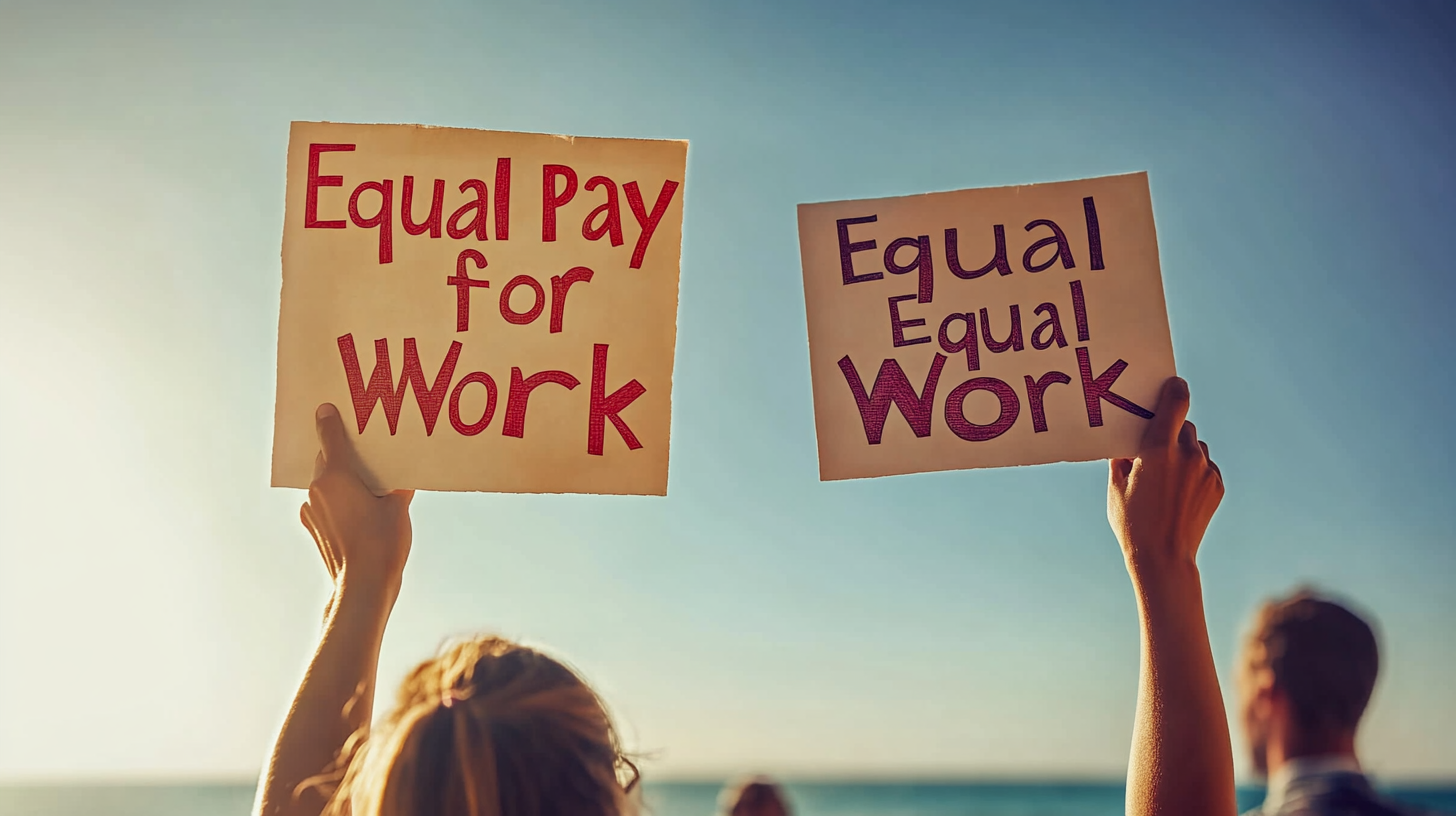The latest analysis of the UK’s gender pay gap reveals a mixed picture, with some sectors making significant strides towards equality while others lag behind. This comprehensive overview examines the current state of pay parity across various industries and highlights the challenges that remain in achieving workplace equality.
Overall UK Gender Pay Gap Widens
According to research conducted by job site Adzuna, the UK’s overall gender pay gap has widened to 35% as of March 2024, reaching a two-year high. This means that, on average, women in the UK earned 65p for every pound earned by men.
Industry-Specific Trends
Aerospace: A Beacon of Progress
The aerospace sector has made remarkable progress in narrowing its gender pay gap:
- 26% reduction over the past year
- Gap decreased from 55% in Q1 2023 to 29% in Q1 2024
Banking and Finance: Slow but Steady Improvement
The banking and finance sector also showed positive movement:
- 7.9% reduction in the gender pay gap
- Gap decreased from 37.4% in Q1 2023 to 29.5% in Q1 2024
Widening Gaps in Other Sectors
Unfortunately, several industries have seen their gender pay gaps widen:
- Legal Sector:
- 26% increase in the pay gap
- Current gap stands at 53%
- Engineering:
- 23% increase in the pay gap
- Current gap is 52%
- Other Notable Increases:
- Management and Consulting: 19% increase
- Sales: 18% increase
- Marketing: 16% increase
Expert Insights
Andrew Hunter, Adzuna’s co-founder, highlights the persistence of bias in traditionally male-dominated industries:
“The persisting widening pay gap is particularly prevalent among traditionally male-dominated sectors such as engineering and construction, reflecting ongoing occupational segregation and deeply rooted societal bias in the country. Gender pay gaps exceeding 50% are indefensible.”
Claire Williams, Chief People and Operations Officer at Ciphr, offers a balanced perspective:
“Gender pay parity in the UK still seems a long way off. This latest research, showing such large pay gaps across multiple sectors, is incredibly disappointing. There are green shoots that we should celebrate though. Progress in aerospace, while it still has significant work to do, is promising.”
Positive Signs for the Future
Despite the overall concerning trends, there are some encouraging signs:
- Female graduates earned an average of 11% more than male graduates
- This suggests strong qualifications and negotiating power among young women entering the workforce
The Economic Case for Closing the Gap
Labour MP Jess Phillips emphasizes the economic benefits of achieving pay parity:
“PwC has estimated that closing the pay gap across the OECD could increase total female earnings by $2 trillion (£1.6 trillion). Closing the gender pay gap would strengthen the economy as higher wages would encourage more women to either enter the labour market or extend their working hours.”
Steps Towards Improvement
To address the persistent gender pay gap, experts recommend:
- Implementing equal pay audits
- Increasing female representation in senior leadership positions
- Addressing occupational segregation
- Developing mentorship programmes
- Adopting diversity hiring practices
- Ensuring sustained career growth and equitable pay progression for women
Conclusion
While progress in sectors like aerospace and banking offers hope, the widening gaps in other industries highlight the need for continued effort and vigilance. Employers, policymakers, and society as a whole must work together to address the root causes of pay disparity and create a more equitable workplace for all.
As we move forward, it’s crucial to celebrate the progress made while remaining committed to achieving full gender pay parity across all sectors of the UK economy. Only through sustained effort and accountability can we hope to close the gap and reap the social and economic benefits of a truly equal workforce.
Vadim Kouznetsov is a distinguished entrepreneur and the visionary founder and CEO of JobXDubai.com, the UAE’s rapidly expanding job board. Renowned for his expertise in bridging the gap between job seekers and employment opportunities, Vadim has become a leading authority in the recruitment and job market of Dubai.

